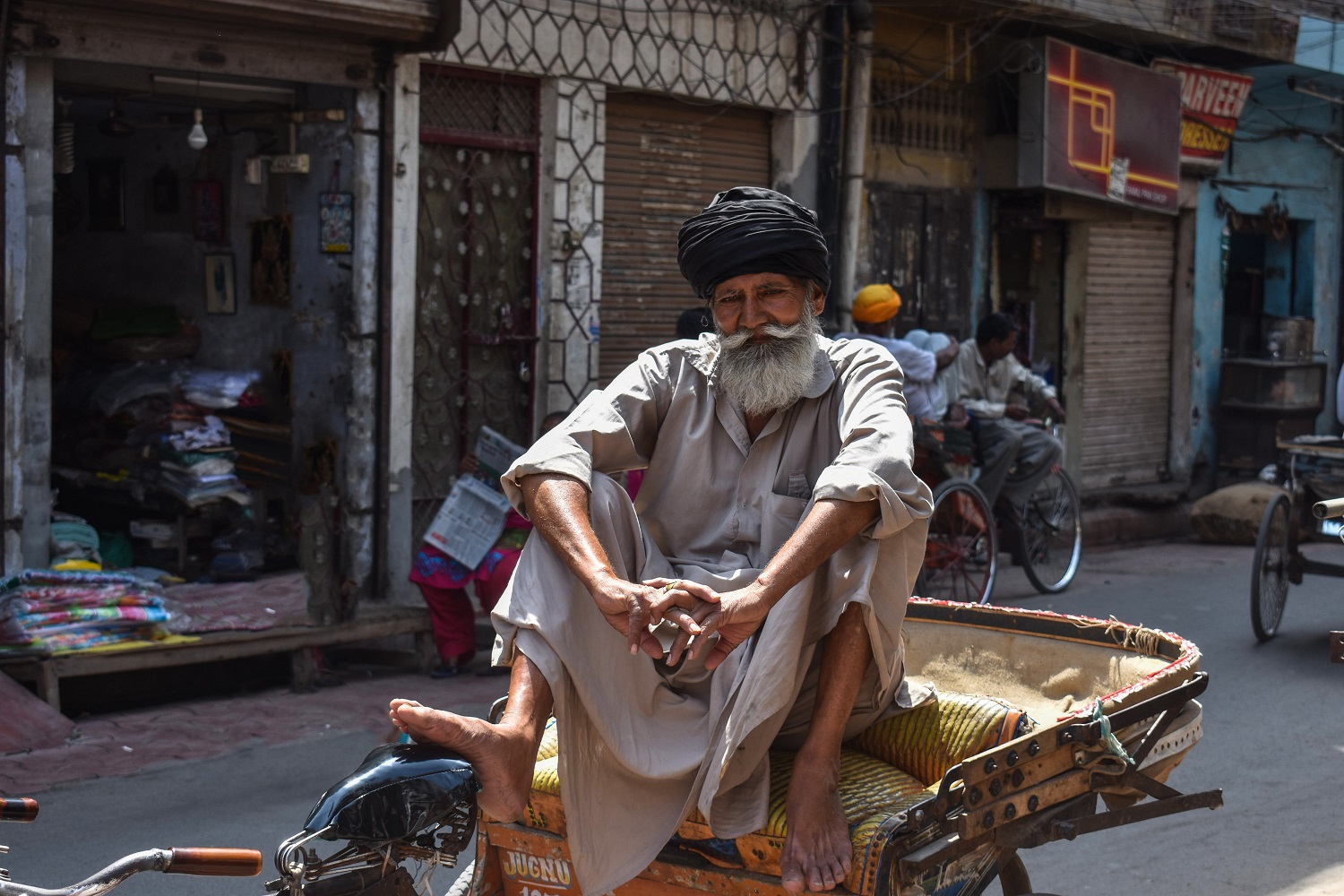
Needless to describe the gravity of menace the Indian economy is in right now, thanks no thanks to COVID 19! It wasn’t quite a long ago when everyone was talking about how to set the ball rolling for our economy in the middle of a steep slowdown, and today; here we are, transiting to the question of recession vis-à-vis slowdown. A few notable economists say it’s even worse than the great depression of 1930’s let alone the 2008 global financial crisis. Dr. Rathin Roy, director at NIPFP even describes it as a ‘war like economy’.
The most worrying aspect for India till January was consumption not picking up and now yet again we cannot see ourselves faring good as many salaried employees will be laid off, some might have to accept a wage cut and some who were seeking a job will have to stare at their computer screen for a while. And then there is a substantial fraction of workers working in the informal sector namely in agriculture, mining and construction; where the labourer’s wages are tied to requirement of labour services on the job. For eg. If a building’s construction work comes to a halt as has now because of the lockdown, labourers will not have any work to do and hence make a living from. Now, basic economics suggests us that even when income levels are mechanically near zero, people do maintain a subsistence level of consumption. This subsistence consumption expenditure requires consumers to have savings from the past or what we call dissavings. In fact now it could even mean borrowing from a bank or a friend though with an obligation to pay the lender in future. Additionally, consumers have a desire to maintain a stable path of consumption over their life cycle so they save for retirement and times of adversities. This is what we call consumption smoothening.
Now, in a nation where nearly 80% of the labourforce is employed in the informal sector, it is hard to believe that government didn’t take stock of these workers’ consumption smoothening patterns and if it really did, maybe it’s time to call upon our central planner: the government! I intentionally use the term ‘central planner’ as I borrow the theory from renowned macroeconomist Frank Ramsey’s infinite horizon model of consumption and investment. In this very model, the central planner aka government knows with certainty, the utility functions of consumers aka public and keeping in mind the market rate of interest and consumers’ discount factor, an optimal consumption path for the economy is being worked out. Now, in these uncertain times, this model teaches us that despite the fiscal constraint that poses the government right now, it is time to go all in. The centre must step in to take care of consumption smoothening of the aforementioned people and people in the lowest income quintile by direct cash and food assistance to these people via local government bodies, provision of adequate healthcare services and shelter to live beneath. By this, I mean the government must go ‘unconditional’ while making these benefits reach the vulnerable as not many of these would have a jan dhan account or even a BPL(Below Poverty Line) card. This will require co-ordination with the local bodies in particular i.e. resident welfare associations and municipal corporations in urban areas, and local panchayats in the rural areas. This shall also alleviate the need for these poor people to make trips to banks more so not to make banks crowded amidst social distancing requirements. India does have a tremendous local level government structure and it must be put to work as we fight a war to keep the arteries of Indian body working.
Next wise question pops up of financing the fiscal deficit arising on account of this huge expenditure, then as Dr. C. Rangarajan, former RBI governor recently said, monetization of deficit is inevitable. In my opinion, resultant future inflation may not be seen as a big worry right now if simultaneous supply chains’ smooth functioning is ensured. Likewise, it’s time that the limits of contingency funds maintained by centre and the state government are revisited as they look too miniscule in the face of this gripping crisis. Lastly, I would say that India has this wonderful opportunity to rework its priorities in terms of need to step up budget allocation in the sectors like education and healthcare, work aggressively towards formalizing the economy as it poses several challenges during crises and, understand the importance of good centre-state relations as this war cannot be even half won without co-operative action.
Ms. Nitya Chutani is presently an assistant professor in Economics at Sri Guru Gobind Singh College of Commerce, Delhi University. She holds research interest in Macroeconomics, Development Economics, Public Finance and Monetary Economics.